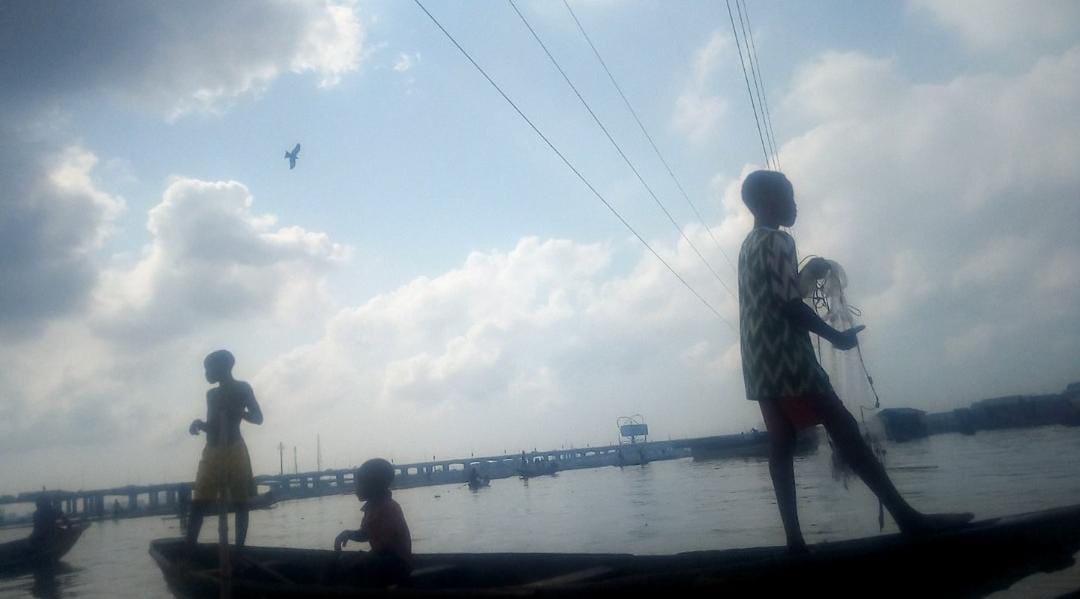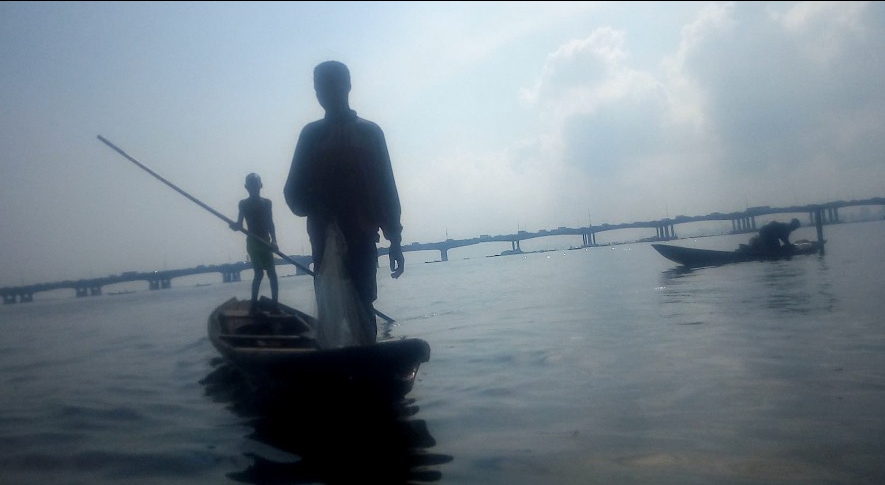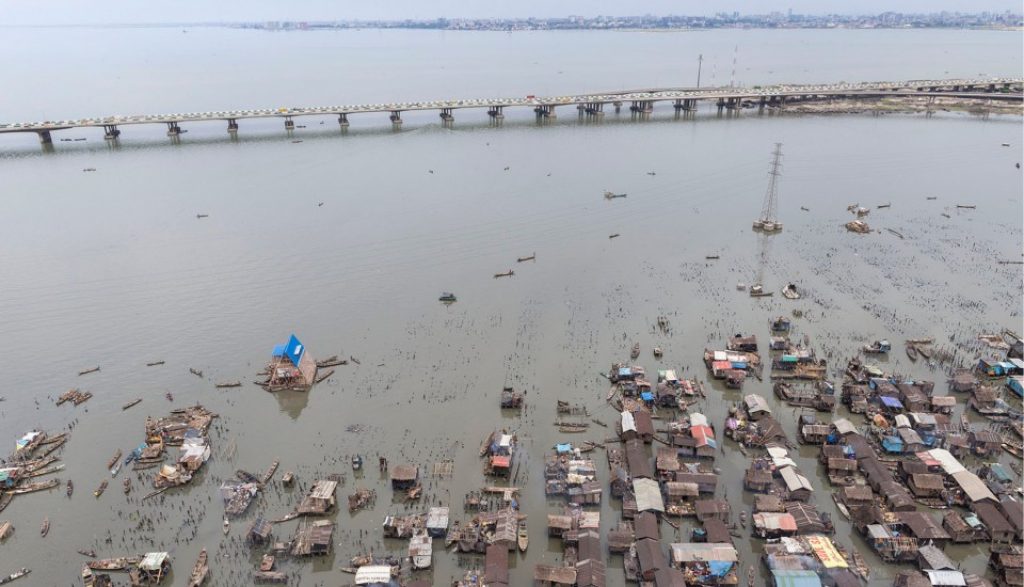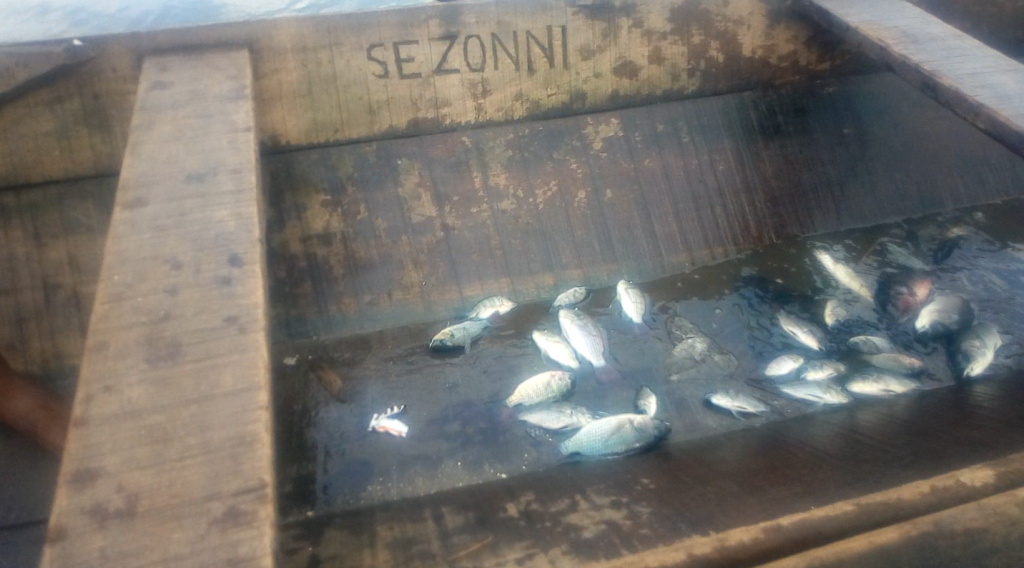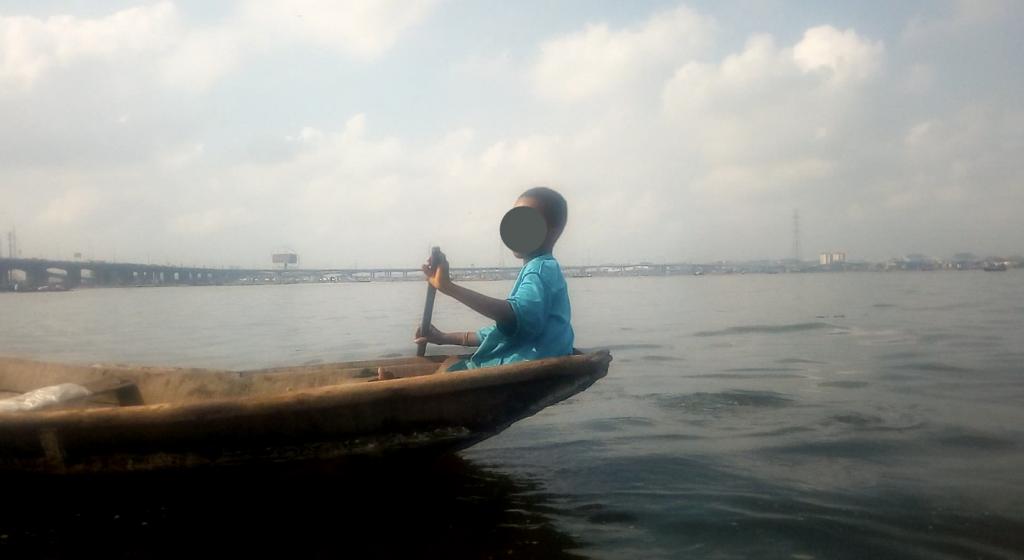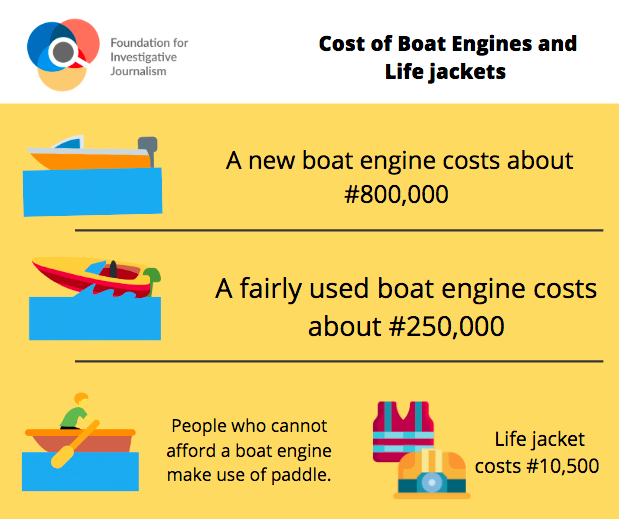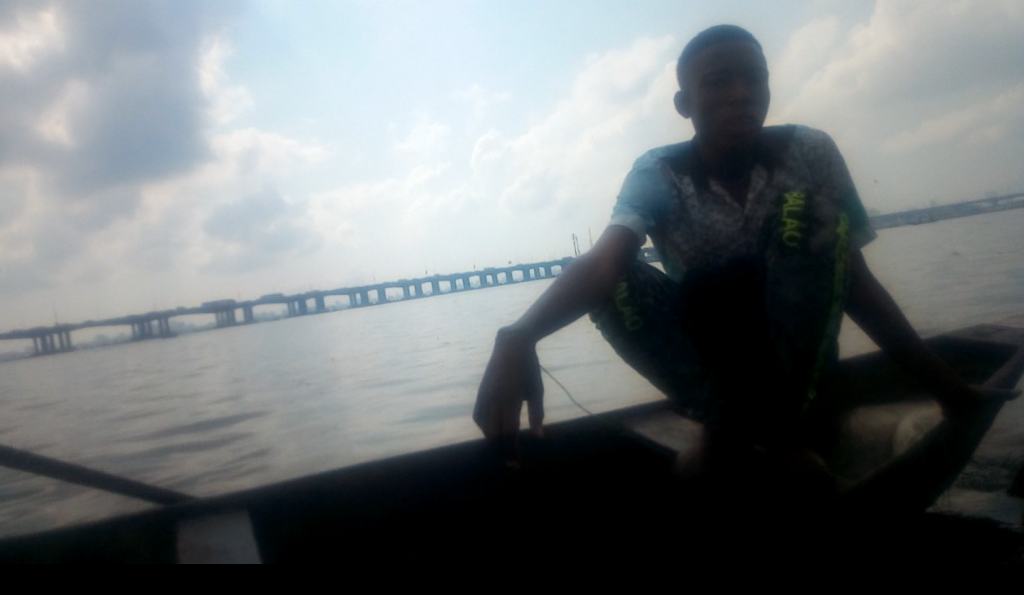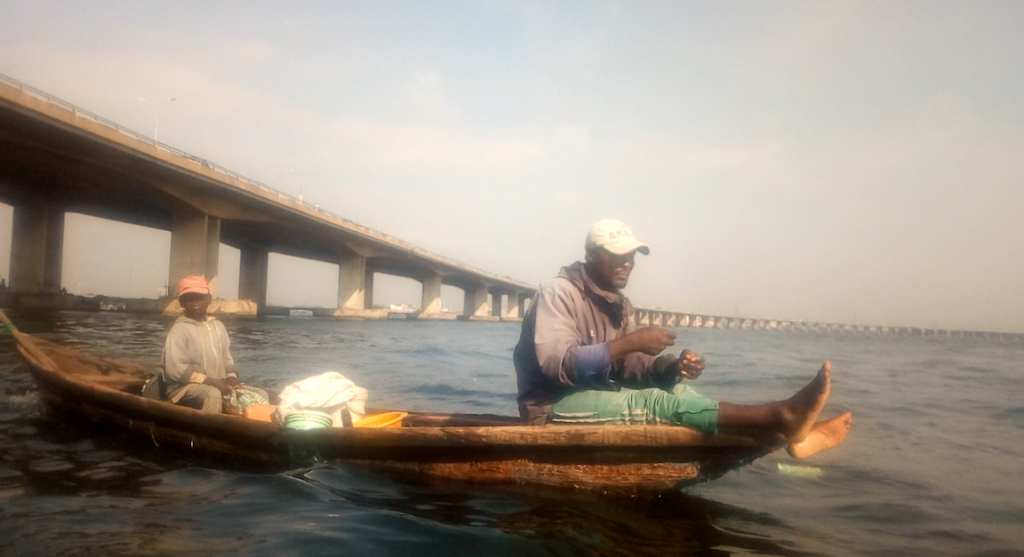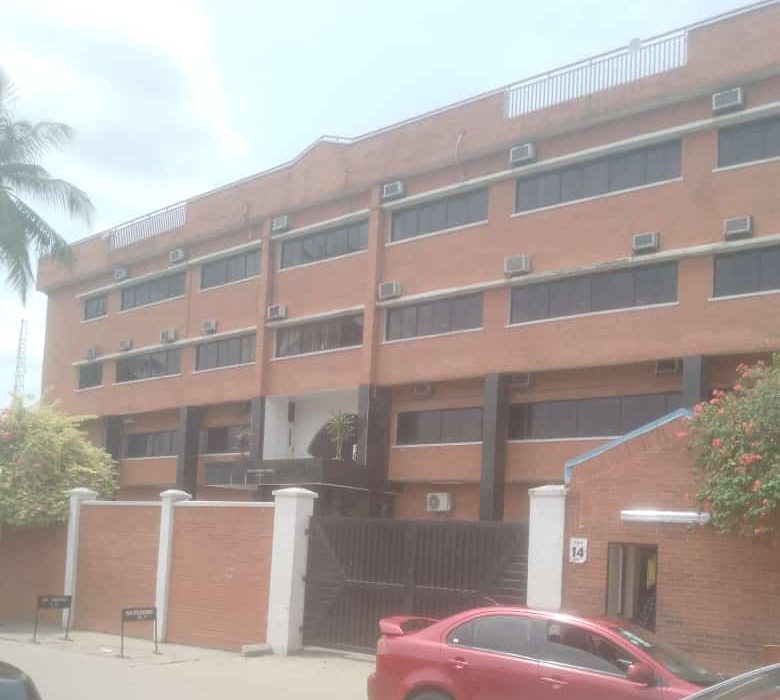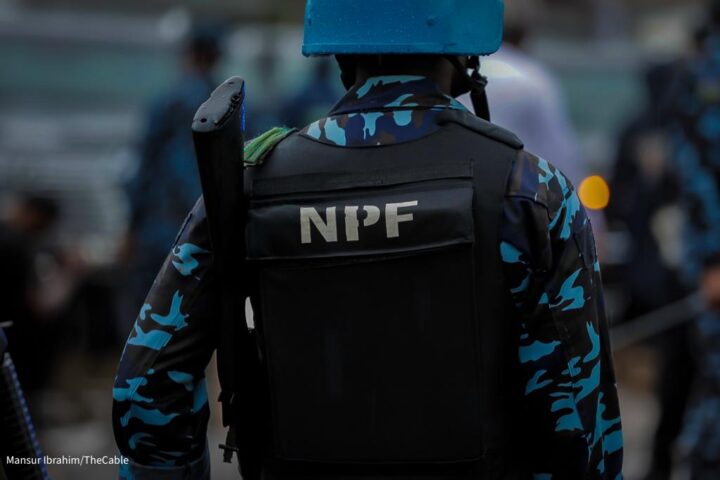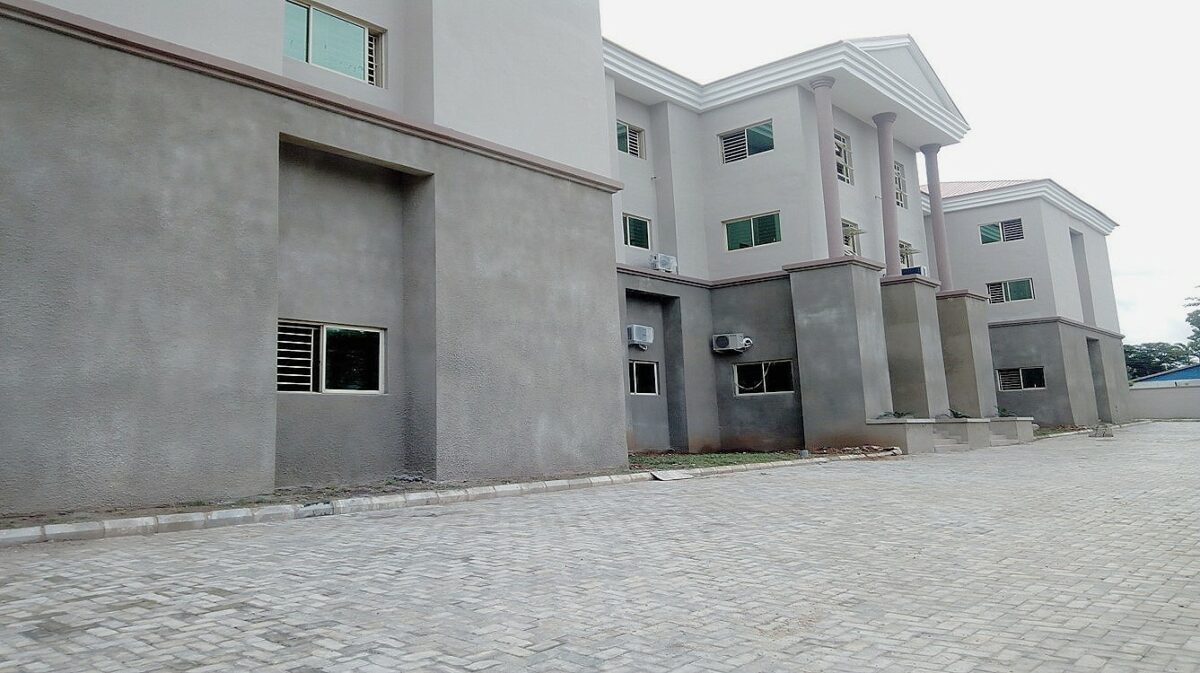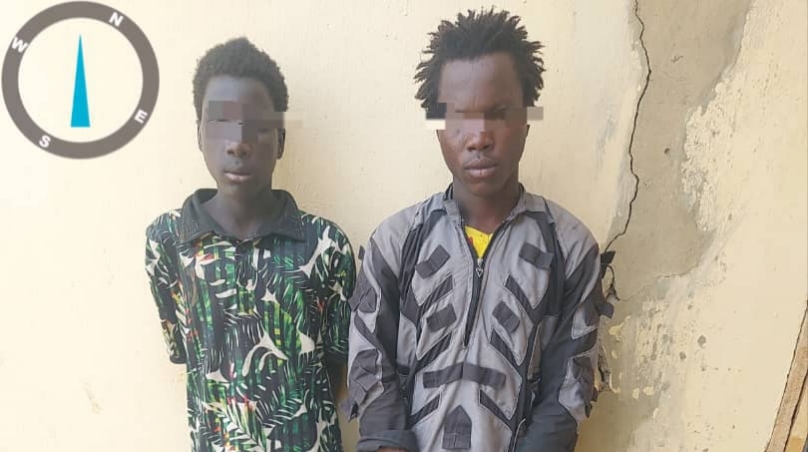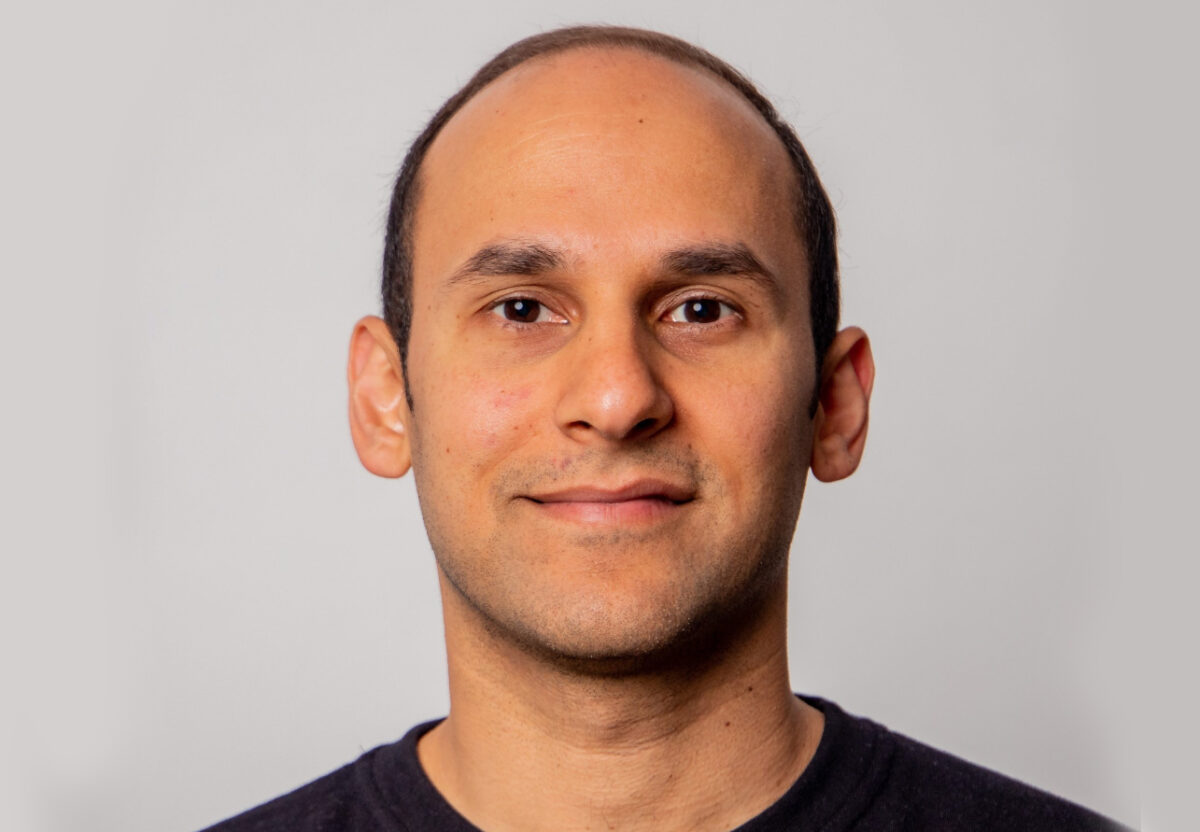Like a ballet dancer, Petei Dantor swings his body to the tides of the sea as he launches his net into the water. In a few seconds, he pulls the net back to see if he has made any catch. But he has made none.
Standing at the tip of his canoe, Petei repeats the process. Monday Adegbora, his 10-year-old brother, paddles the canoe as Petei launches the net into the sea. This time, he is lucky. He caught a fish.
From his looks, Petei should not be older than 15. However, he claims to be 20 years old.
“I don’t count my years but I think I’m 20,” he says. “Twenty?”, Morufu, the captain of the boat who brought this reporter to Makoko, asks. Petei nods his head.
AN UNCOMMON DREAM
Petei has dreams, and they are not just fantasies of him locked up in a shiny cubicle, dressed in suits and ties, typing on a computer. His mission is to follow in the footsteps of his father, with the hope that, someday, he’ll be revered as the greatest Nigerian fisherman.
“My dad taught me how to fish,” Petei says as he transfers the fish into his canoe. “I was given birth to in a fishing family. I grew up in it. After coming back from the sea with our catch, we took it to the market to sell. I don’t go to school, but my brother does.”
READ ALSO: Inside Lagos Drug Dens Where the Police is ‘Your Friend’
Monday is the captain of the canoe while Petei is the fisherman. Monday’s job is to ensure safe sailing. He is in school, but can’t afford the daily fees required to get an education. So he often comes to the sea to catch fishes to sell with his mother in the market.
“Monday always goes to school, but something happened that made his mum tell him to stop and that I should bring him to the sea today,” Petei says.
Morufu tells this reporter that in other to ease the financial burden on parents, schools in Makoko often operate once in two working days.
‘THE VENICE OF AFRICA’
Journeying on Lagos’ third mainland bridge, floating houses built with wood and raffia palms stare you in the eye. Popularly referred to as the ‘Venice of Africa, Makoko is a close-knit community mainly occupied by Egun people who migrated from Badagry and the Republic of Benin. The fishing community was birthed in the 1800s and is home to about 300, 000 people, a report by Pulitzer Center states.
If Leonardo DaVinci was to paint this community, he would use no other colours than poverty and illiteracy, then a touch of aquatic ugliness. So much is the community’s filth that it became a harvest ground for non-governmental organisations and the media.
Therefore, it came as no surprise when a boy paddling along with his canoe, in a harsh tone, told this reporter, “Put off your camera! Put off your camera!”
BY THE RIVERS OF MAKOKO
This idea of jettisoning school and going to the sea is not limited to Petei and his brother, Monday. An average child does not prepare to go to school in the morning here. Rather, they row their boats to the sea. In the mind of these young ones, fishing is the only vaccine for survival.
In Makoko, fishing is a major occupation and is about the only skill passed down to generations. The sea is children’s playground, and their nets are their toys. All they know is how to send hooks/nets down the sea to get fish with the hope that their next meal would come from there.
CRUDE TOOLS, SUBSTANDARD BOATS
Are they doing the right thing, these children who go to the sea at the time and age their counterparts sit in the four walls of a school learning? Is this child labour?
The International Labour Organisation, ILO, a United Nations agency, defines child labour as work that is mentally, physically, socially or morally dangerous and harmful to children; and/or interferes with their schooling by depriving them of the opportunity to attend school, obliging them to leave school prematurely, or requiring them to attempt to combine school attendance with excessively long and heavy work.”
By those standards, the activities of these children can be termed child labour. And the condition under which they fish, the crude fishing tools and substandard boats without live jackets?
Morufu, who doubles as a fisherman in his free time, tells this reporter that hardly can anyone in Makoko afford the cost of setting up and running a fishing business.
“A brand new boat engine costs about N800,000. The used one will cost about N250,000, then the cost of making the canoe itself. The government does not assist us in getting engines at a subsidised rate. Some people cannot afford them so they make use of paddles to move their boats,” Morufu says. Life jacket costs N10,000, according to the price list on Jumia.
DEATH IN THE DEEP SEA
Another fisherman at the sea is Finest Erickiayo, 16, who has been a fisherman for about three years. He stopped going to school because his father said so. Asked if he knows anyone who has died as a result of being on the water at a very young age, he says some of his friends have, the most recent dying just over a week ago. The deceased’s parents know about his death but the body has not been found.
READ ALSO: With a Fake COVID-19 Certificate, I Travelled from Nigeria to the UK — and Back!
“The accident happened when they went to the sea. Whenever the sea is stormy, water enters the boat. There is no way you’ll swim; it is only to find a way to escape,” he says.
“If you don’t have a life jacket, there’s a distance you can swim to and there’s a limit to where your strength can take you. We don’t wear life jackets because we are not far from home. Only those that venture far into the water drown. I want the government to help us with engines for our boats.”
IT’S CULTURE, NOT CHILD LABOUR
Noah Shemede, Director and Founder, Whanyinna Children Foundation, the major school on the waterfront, does not believe the children are engaged in child labour.
“We see fishing as part of our culture,” he tells FIJ. “It’s something that is passed down from one generation to another.”
In order to strike a balance between acquiring skills from the past and dwelling in the present, Noah had decided to build a nursery and primary school in Makoko. He believes, with education, fishing as a profession can be taken to the next level.
Noah is not the only one who holds this ideology. Parents in Makoko also believe and see fishing as an important cultural tool that must be inculcated into the lifestyle of their wards.
“I have been fishing for 20 years. My father taught me how to fish and I’m also teaching my child,” says Andrew Musa while on the sea to fish alongside his son.
“I’m training my child in this line because this is what my father did and there was no trouble. This is what we depended on for feeding.
“He has been fishing with me for three years now. My son is not in school because we cannot afford it. If the government assists me, I’ll send him to school.”
Bosun Samu, another fisherman, adds: “My child is schooling but COVID-19 caused him to follow me to the sea to fish. He knows a lot about this work. He has caught countless fishes.”
READ ALSO: Abba Kyari’s Men Tortured Edward Leera to Death. Now, They Want to Cover it Up
However, Folashade Adefisayo, Lagos State Commissioner for Education, says the government has done enough to make education accessible to the people of Makoko.
“The Public schools are within walking distance,” she tells FIJ. “The public school opposite Red Cross is within a short walking distance. The public school is free; why can’t they afford a public school? There are about three primary schools there. The schools have been there forever. Let them go to school.”
Subscribe
Be the first to receive special investigative reports and features in your inbox.


